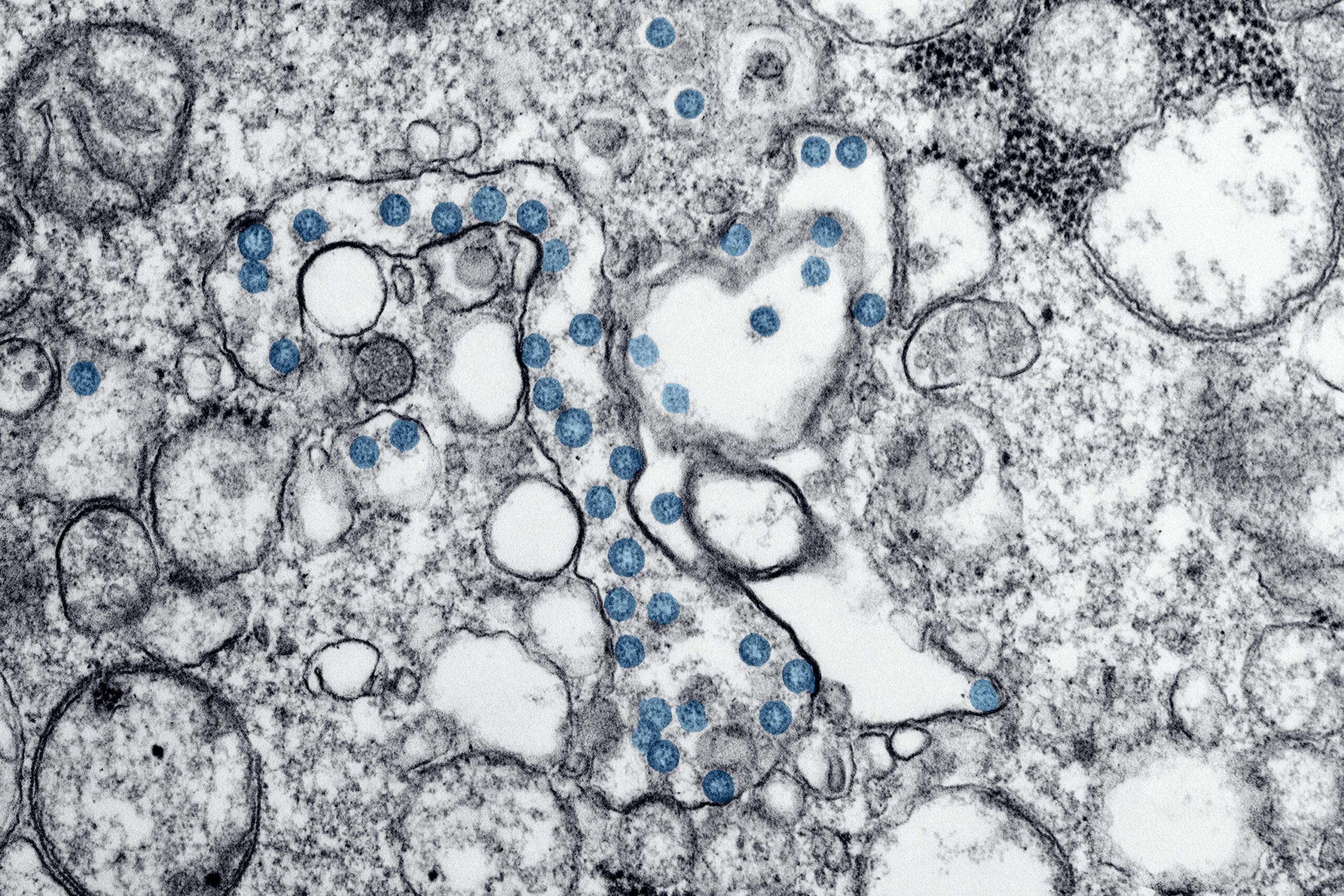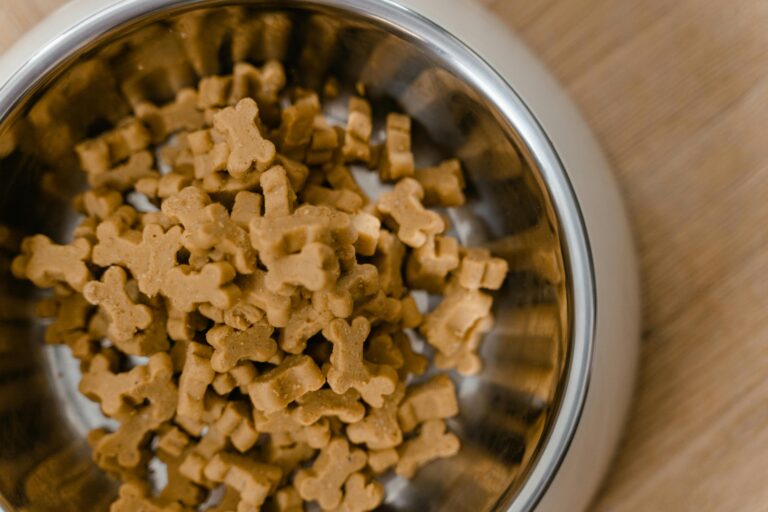
When you think about your pet’s health, you probably picture their skin, coat, or energy level. But did you know that much of their wellbeing is actually shaped by tiny organisms living in their gut?
That invisible community is called the microbiome — and it plays a bigger role in your pet’s allergies, digestion, and overall health than you might imagine.
🦠 What Is the Microbiome?
The microbiome is a diverse community of bacteria, fungi, and other microbes that live mostly in your pet’s gastrointestinal tract.
Think of it like a rainforest:
- Good bacteria help with digestion, vitamin production, and keeping harmful microbes in check.
- Harmful bacteria can overgrow when the balance is disrupted, leading to inflammation, poor digestion, and even skin flare-ups.
🐾 Why Your Pet’s Microbiome Matters
- Immune Balance
- About 70% of your pet’s immune system is linked to their gut.
- A healthy microbiome teaches the body to react appropriately — not overreact to harmless proteins like chicken or beef.
- Skin & Allergy Health
- Gut imbalances are linked to chronic skin problems like itching, ear infections, and hot spots.
- A stable microbiome reduces unnecessary immune triggers that lead to scratching.
- Digestive Wellness
- A balanced gut improves stool quality, reduces gas, and helps prevent diarrhea.
- Pets with sensitive stomachs often benefit from microbiome support.
- Nutrient Absorption
- Good bacteria help break down food so your pet can absorb essential vitamins, minerals, and omega-3s that fuel coat and immune health.
🚩 Signs Your Pet’s Microbiome Might Be Out of Balance
- Chronic diarrhea or soft stools
- Recurring ear or skin infections
- Excessive gas or bloating
- Poor response to food changes
- Itching that persists even after flea control
If several of these sound familiar, your pet may have gut dysbiosis — an imbalance in their microbiome.
🌿 Ways to Support a Healthy Microbiome
- Probiotics
- Supplements with live beneficial bacteria (Lactobacillus, Bifidobacterium, Enterococcus)
- Available as powders, capsules, or functional treats
- Prebiotics
- Fibers that feed good bacteria (e.g., inulin, chicory root, pumpkin)
- Found in supplements and some high-quality diets
- Balanced Nutrition
- Whole-ingredient, digestible foods that don’t overload the gut with allergens or fillers
- Rotate proteins (with vet guidance) to avoid overexposure
- Limit Unnecessary Antibiotics
- Antibiotics wipe out good bacteria along with bad. Only use them when truly needed, under veterinary advice.
- Consistency
- Microbiomes thrive on routine. Sudden food changes can cause bacterial imbalances. Transition slowly.
✅ Quick Takeaway
Your pet’s microbiome isn’t just about digestion — it’s the foundation for their immune system, skin health, and long-term vitality.
By supporting their gut with probiotics, prebiotics, and balanced nutrition, you can help prevent chronic issues and improve quality of life.
🐕 Final Thoughts
From allergies to itchy skin to tummy troubles, the microbiome is often the missing piece in the puzzle. The good news? With the right diet and supplements, you can nurture your pet’s inner ecosystem and see real changes on the outside.
